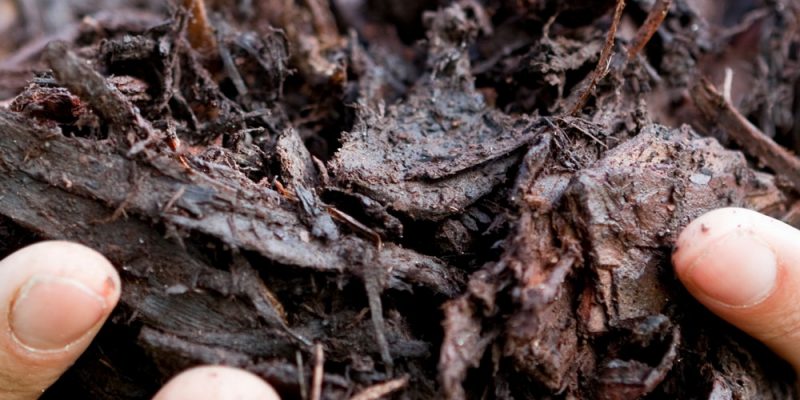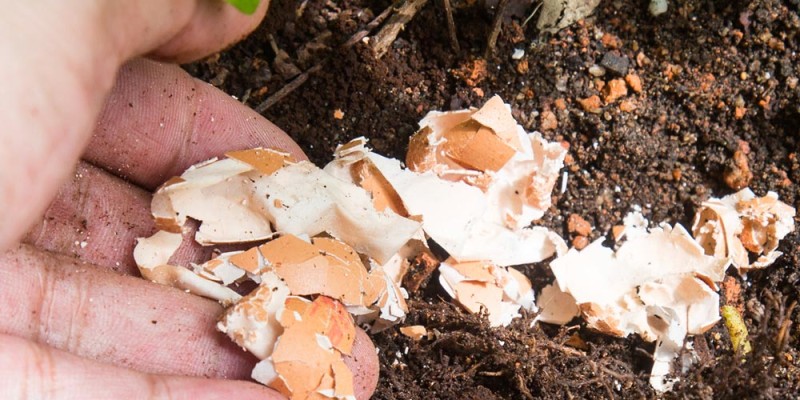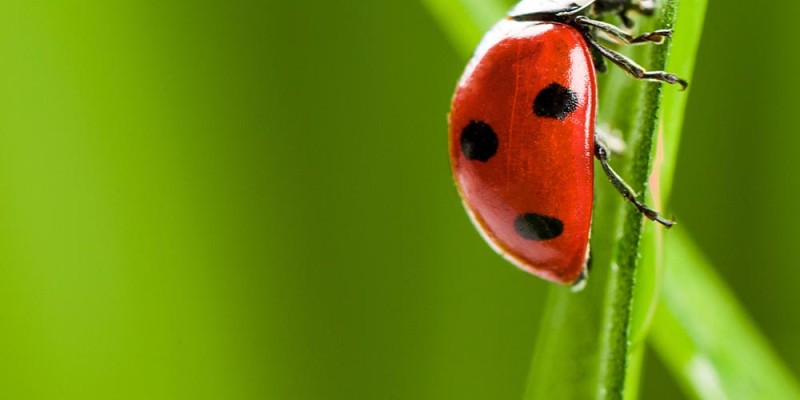Gardens around the northern hemisphere are coming alive and it is an exciting time of year. Then you notice a strange insect or damage on your plants. Today I am going to go through how I deal with pests in my garden.
Before I get to actively managing any breakouts that you have I would like to discuss how I have passively set up my garden to help reduce the chances of a breakout or infestation.
The first thing I have done is encourage population regulation through the use of predator species. I have released lady bugs in my garden a number of times to deal with outbreaks. Once released the predators are able to take care of any outbreaks I may have. By leaving some areas relatively untouched and providing a food and water source predator populations such as lady bugs and spiders become established. The presence of these predators are usually is enough to keep the pest species numbers under control. That said I like to go a little further.
The second passive method is through Polyculture. This is a technique where by you intermix plants. Pest species have a harder time finding their desired victim if they are hidden amongst other non-desirable plants. If they do find them and the predators cannot keep them under control you may face an outbreak.
Last year I had a huge problem with cabbage moths and maggots. They targeted all of my cabbage family crops resulting in significant damage. So this year I am fighting back by using crop rotation against them and I did not plant any crops in the cabbage family. If this generation of pests have no food their populations will significantly reduce.
Last year however I did actively manage the pests to see if I could salvage the crops.
The first and hardest thing to do is to identify the pest you are dealing with. It is important to know if the insect you see is actually causing the damage. Lady bug larvae look nothing like the lady bug and do a lot of pest management for you.
If you can take a photo of the pest or the damage they cause it is a great start!
If I don’t immediately know what the pest it is time to turn to the internet. So far the most effective way to identify foreign pests is to ask people on the Alberta Urban Garden Facebook page. Shortly after posting a photo of a pest insect we were able to identify it.
My friends on Facebook gave me some great resources such as the pest identification website by the Royal Alberta Museum.
After you have identified the pest its time to manage them. Each pest is different and may require a different strategy however here are some general tips to start with.
Physical removal of the pest from the plant helps a great deal. I remove any pests and eggs I can see. If you would prefer to keep your distance a hose burst usually can free them from the plant without bothering the plant too much. If this does not work there are other methods you can continue with.
At this point I recommend taking your photos into a garden center that has a horticulturalist and work with them to devise a more aggressive strategy.
I have never had to go past physical removal and am usually quite hesitant to do so. Any spray or more extreme solution often will kill the beneficial predators like spiders and lady bugs just as readily as the pest you’re attacking. If you kill your first line of defence you are much more likely to have outbreaks in the future.
I would rather use something like rotate crops to bring the pest populations back to a manageable size.
Overall however my passive management of pest species has resulted in a completely chemical free garden for years. It has only been a handful of times I have needed to actively manage what nature could not.
I would like to thank my friends on Facebook and if you have not already make sure to check out my Facebook page. I will put a link in the description below.
Royal Alberta Museum Insect ID:
http://royalalbertamuseum.ca/research/lifeSciences/invertebrateZoology/bugsfaq/most.htm
Organic Pest Management
http://www.hobbyfarms.com/crops-and-gardening/12-organic-ways-to-control-harlequin-bugs.aspx


